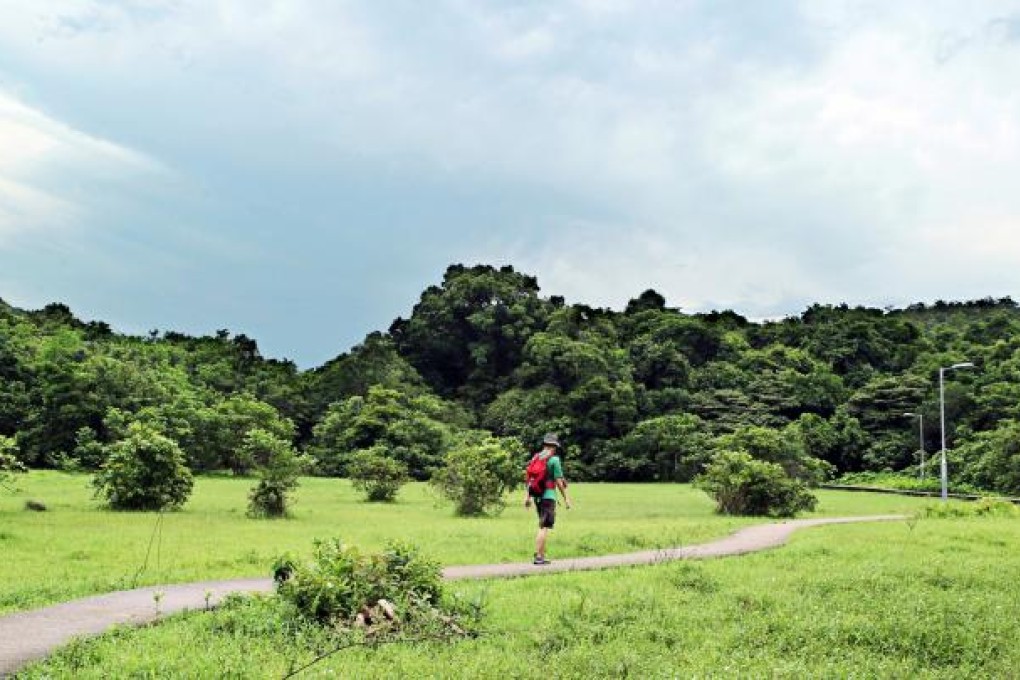The government must stop 'improving' our countryside
Markus Shaw is appalled by the damage done by one hired contractor

Government would do well to heed an ancient tenet of the medical profession: "First, do no harm."
Last weekend, I stood by a construction site in one of Hong Kong's most picturesque rural areas, shaking my head in anger and dismay. A large pavilion is being built on a headland next to a stream which feeds into Leung Shuen Wan, a bay containing two villages, a famous temple, a fish farm and a couple of restaurants, which are popular with hikers and yachtsmen. Feral cows feed in the grassy patches, and flitting through the undergrowth at this time of year are floods of butterflies. I have been coming here since my childhood.
Words cannot do justice to the devastation: trees and bushes have been cut down and pushed over; thrown into the undergrowth all around is construction waste of every description - hoses, barrels, bags and sheeting, excavator treads, drinks bottles, planks, gloves, rubber boots. Cement from bags that have burst open hardens in clumps in the sand. Rubble and debris have been pushed into the stream, which used to be clear and is now murky.
This is a government contract; a District Minor Works project sponsored by the Home Affairs Department. Leaving aside whether this pavilion is an improvement on nature, or whether it will actually be enjoyed by visitors to the area, nothing can possibly justify the comprehensive trashing of the environment that is taking place around the site.
District Minor Works in rural areas are like the neutron bomb - the penumbra of destruction extends beyond the construction site like an ugly smear. Who is supervising this project? Who is responsible?
The Home Affairs Department complains that it does not have landscape architects with the requisite skills to design facilities sympathetically, or the manpower to supervise projects to minimise environmental damage. This is less of an excuse than an admission of guilt. If a job cannot be done well, don't do it. "First, do no harm."